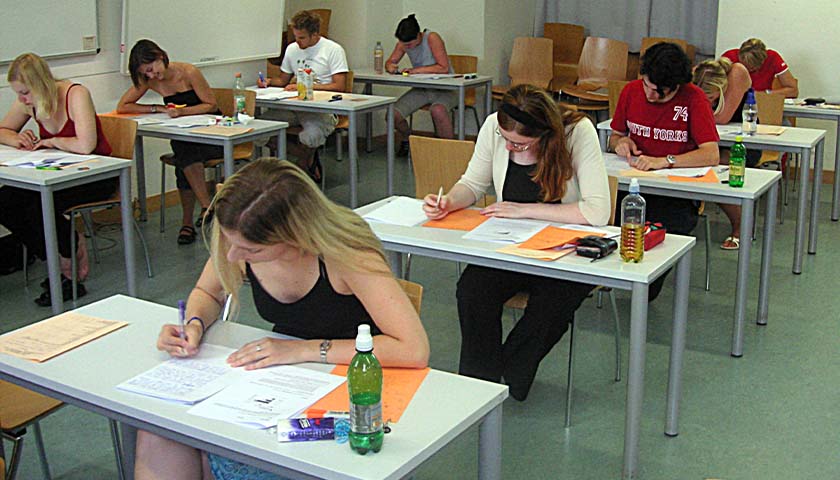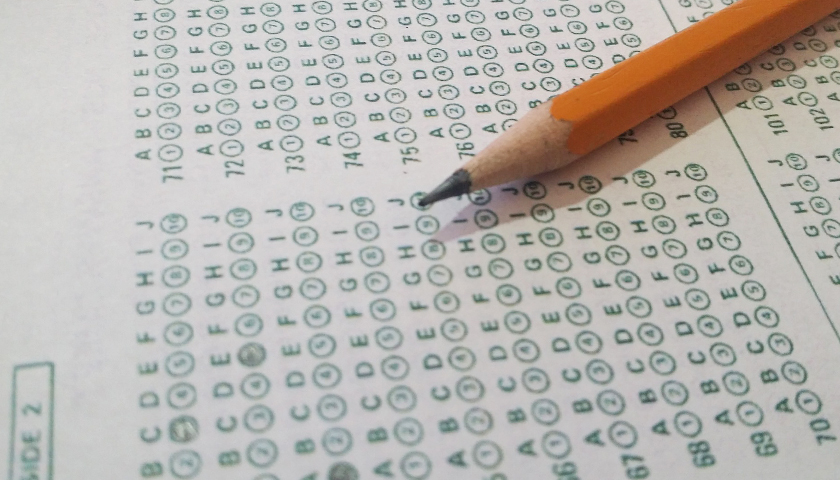Harvard announced Thursday that it will bring back standardized testing requirements for the admission process.
The Ivy League school first dropped the testing policy in June 2020 due to the COVID-19 pandemic, and later announced in 2021 that it would extend the test-optional policy for four additional years, according to the Harvard Crimson. Hopi Hoekstra, Edgerley Family dean of the Faculty of Arts and Sciences, announced that the requirement would return “starting with next year’s admissions cycle” and claimed that the reinstatement would bring “important information back into the admissions process.”
Read More







